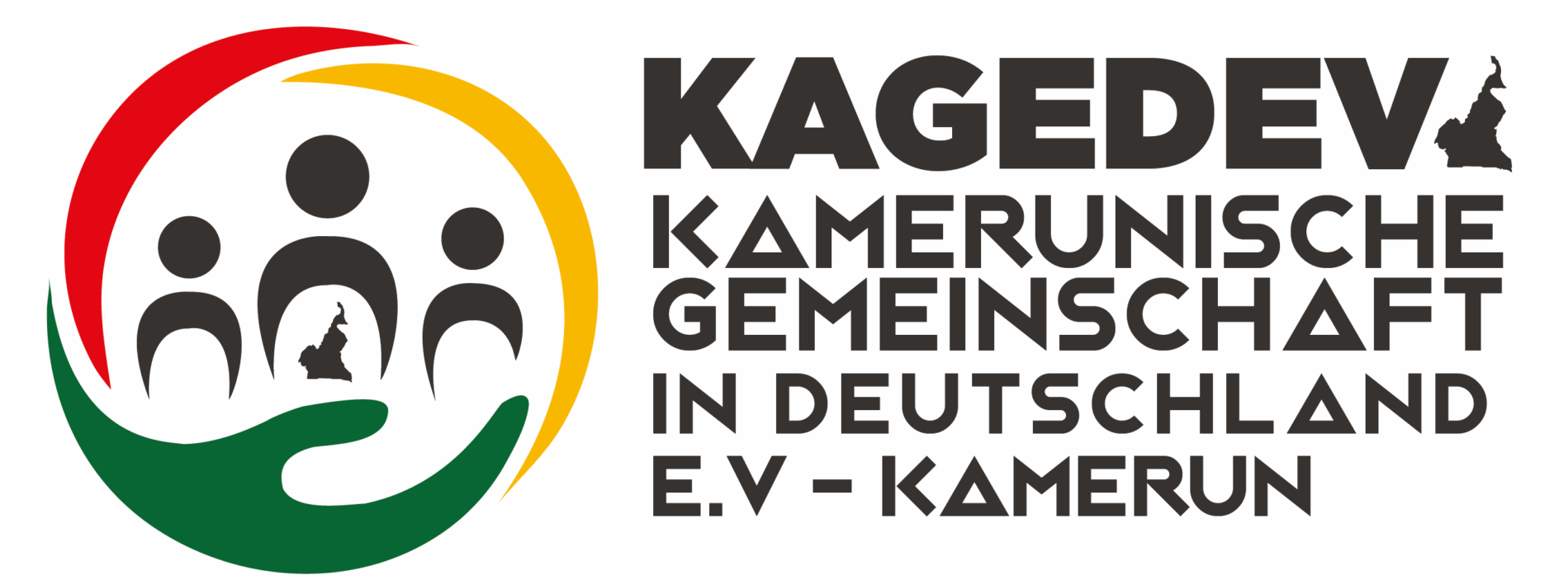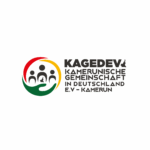African states, especially Cameroon, are compelled to enact preventative health policies that appear to be very disconnected from the everyday lives of the people they govern in the absence of COVID-19 therapy. KAGEDEV, an international organization for development through education that works in Africa, is worried about this disparity and the various repercussions of the current crisis, particularly for the youngest children, even though the decision to reopen schools has been made.
The World Health Organization issued a warning as the pandemic expanded, stating that Africa would be the continent most affected by the COVID-19 problem.
The government of Cameroon immediately put in place stringent preventive health measures when the first cases were confirmed, including curfews, quarantines in numerous cities, closures of schools, borders, marketplaces, pubs, and restaurants, severe restrictions or even suspensions of public transportation, etc.
It should be highlighted that these methods have been systematically embraced and used without any chance of adaptation to the unique circumstances of the contexts and regions in which they are now implemented, even though their value is no longer in doubt.
Insufficient resources to meet the scale of needs
For instance, despite the fact that mask use is compulsory, there is currently no official solution that enables the public to get enough masks that match the necessary protection criteria. As a result, several "B-plans" and customized solutions are created without any assurance of quality.
Furthermore, requiring everyone to wear masks will most likely result in a large price hike. However, the majority of people in the city are now unemployed, frequently on a daily basis, as a result of the adoption of hygienic measures. Families who are unable to purchase multiple masks (when available) might have to split them. To evade police inspections, fruit vendors in Ouagadougou already don the same deformed mask.

